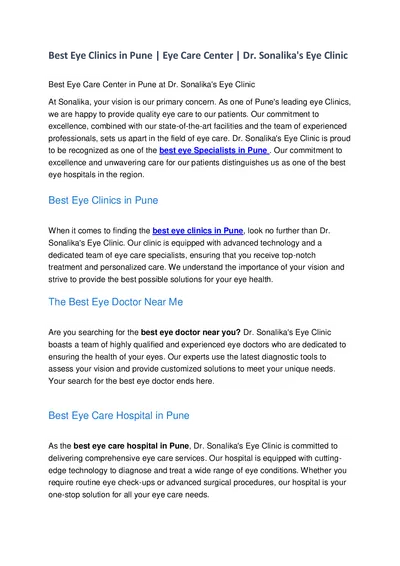PPT-Advanced Care Planning :
Author : marina-yarberry | Published Date : 2018-11-07
Who What When Where Why Dr Tom ONeil Assistant Professor Department of Family Medicine Department of Internal Medicine University of Michigan Disclosure I have
Presentation Embed Code
Download Presentation
Download Presentation The PPT/PDF document "Advanced Care Planning :" is the property of its rightful owner. Permission is granted to download and print the materials on this website for personal, non-commercial use only, and to display it on your personal computer provided you do not modify the materials and that you retain all copyright notices contained in the materials. By downloading content from our website, you accept the terms of this agreement.
Advanced Care Planning :: Transcript
Download Rules Of Document
"Advanced Care Planning :"The content belongs to its owner. You may download and print it for personal use, without modification, and keep all copyright notices. By downloading, you agree to these terms.
Related Documents














